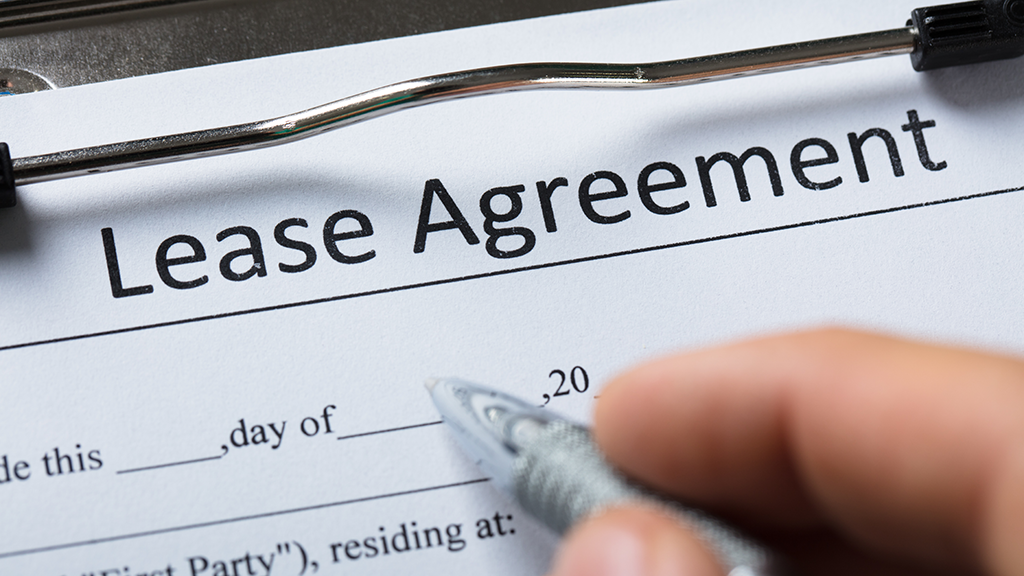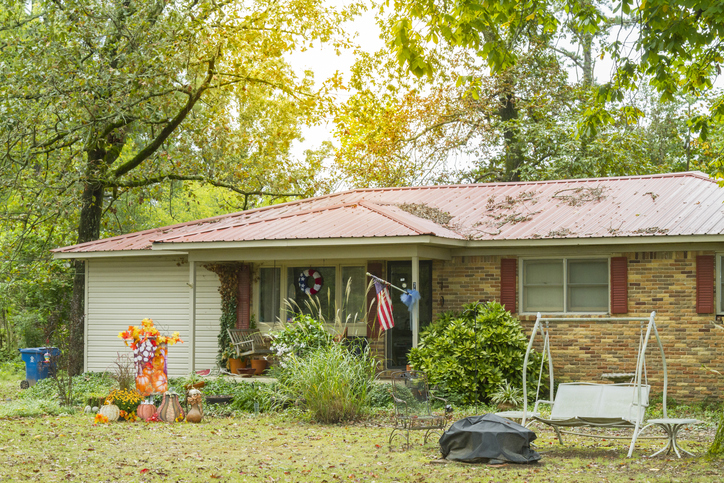Contracts 101: 4 Lease Terms You Should Pay Attention To

Every clause in our PAR standard forms has a purpose and a reason behind it.
But there are a lot of times that people lose sight as to what those reasons actually are. Sometimes taking it back to the basics of “why” can be extremely helpful as a reminder for what should be included moving forward. Not only is the reasoning important to help understand, it is also necessary to fully understand why you should be enforcing certain clauses before things go south.
First, there is the classic “security deposit” issue. This is a reminder of making sure that the clause that you put in is legal. The Landlord and Tenant Act of 1951 limits deposits that guard against “damages to the leasehold premises and/or default in rent” to the equivalent of two months’ rent in the first year and the equivalent of one month’s rent after the first year. You can find more information in JustListed articles here and here. This cannot be waived. Putting extra deposits in the lease or trying to come up with other names for deposits is not going to override this statutory limit (so please stop asking).
Second, remember that paragraph 12 of our Residential Lease (Form RL) references attaching the rules and regulations. The only problem is that instead of creating and supplying comprehensive regulations at signing, landlords often don’t consider adding those in until there is a problem. It is going to be much easier to enforce if you include those from the very beginning so if the tenant breaks one of the rules, it can be considered a breach of the lease.
Third is the waiver of notice. Section 501 of the Landlord and Tenant Act of 1951 covers a notice to quit requirement. But that section also allows the notice requirement to be lessened or waived completely. If waived in the lease, it allows the landlord to begin eviction proceedings with no written notice. Paragraph 24(B) of Form RL provides a waiver of notice, unless otherwise stated, and there is a line for any local specific regulations requiring more notice.
Fourth, lets talk about the option in paragraph 20 to require that tenants get renters insurance. The first thing people often think of for rental insurance is coverage for personal property that is damaged or stolen. Yet, it can be even more than that. If a rental property is damaged by something like a flood or fire, that rental insurance can not only replace the items, but some insurance policies may also cover temporary relocation while the unit is being fixed.
If your landlord client decides that they do want to require renter’s insurance, it’s a good idea for them and/or you to talk with local insurance agents about what coverage limits are advisable. Even more importantly, though, make sure you are following through to confirm that the tenant actually purchased that insurance. We have heard any number of reports of property managers or listing agents not following up with tenants for proof, but we’ve also heard a few reports of insurance agents who (allegedly) work with tenants to help them cancel their renter’s policy right after showing their documents to landlords. Leasing agents and property managers might want to take an extra moment to explain the benefits to tenants to reduce the chances of something like this happening.
Staying aware of what clauses mean and why they are there are important for every form and transaction. Making sure that you are not just filling in a blank because that is what you always do.
Topics
Share this post
Member Discussion
Recent Articles
-
Seller Disclosures Unmasked: The Spooky Truth Behind What You Need to Share
- October 25, 2024
- 4 min. read
Seller’s Disclosure Law is all about making sure no one gets tricked by unexpected “treats” in their new home. However, there are several instances where a seller does not have to disclose certain information.
-
Nearly 70% of Homeowners Feel Secondhand Embarrassed by Neighboring Yards
- October 24, 2024
- 2 min. read
A large majority of homeowners expressed negative feelings toward their neighbors’ home upkeep and yard maintenance habits.
-
Winter Maintenance: Chimney and Heating Tips
- October 23, 2024
- 3 min. read
Experts share their insights and advice for the maintenance of chimneys and HVAC systems.
Daily Emails
You’ll be the first to know about real estate trends and various legal happenings. Stay up-to-date by subscribing to JustListed.



